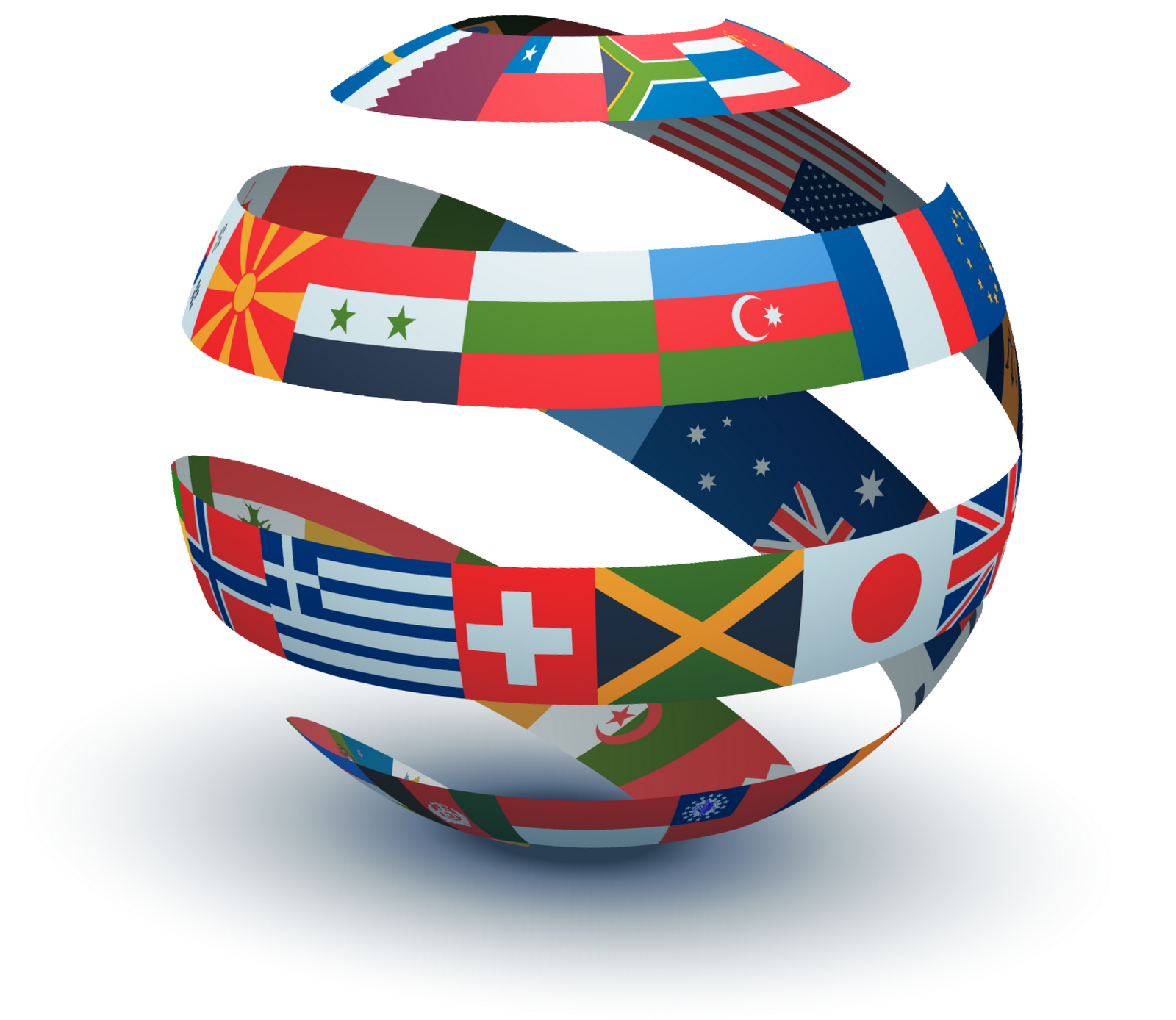A new survey of trade specialists from multi-national corporations found that 70% of companies are not fully utilizing foreign trade agreements (FTAs), which means they are likely paying more than necessary in tariffs and duties.
Survey respondents said the biggest challenges facing their companies’ trade-related activities are manual processes and disparate systems and managing complex and changing regulatory requirements.
The survey, conducted by Thomson Reuters and KPMG International, elicited responses from 446 corporate trade specialists in 11 countries.
“The survey shows that many corporate trade operations teams are struggling to meet complex compliance requirements using inefficient manual processes that can expose their companies to risk, consume time and resources, and don’t leave time for activities that directly impact the bottom line,” said Taneli Ruda, managing director – Thomson Reuters ONESOURCE Global Trade. “The right technology can eliminate redundant work and empower trade teams to better compare and contrast tariff schedules between countries and take on a more strategic role in planning and operating a global supply vision for their organizations.”
“The survey results point to the changing landscape in global trade,” said Doug Zuvich, Senior Global Lead Partner Trade and Customs, KPMG LLP in the US. “The global supply chain is being redefined,” he said. “The life cycle of today’s products continues to shrink, the delivery of goods to customers is being redesigned, and technology has the ability to further enable innovation in areas of global trade unthinkable several years ago.”
Other survey findings:
- 79% of respondents said their biggest FTA roadblocks are complex rules of origin and difficulty gathering documentation.
- Respondents said the top three drains on their time and resources are import documentation and licensing, customs broker management, and product import classification.
- Import classification, documentation and licensing are seen as the trade-related activities that create that greatest risk of penalties, other government sanctions, or increased operational costs.
- Trade specialists said their main challenges are interpreting rules across borders, changing requirements with local government agencies, and dealing with antiquated processes.
- Two-thirds of the survey respondents said they expect global trade to become more complicated over the next 3 to 5 years.
- 85 percent said an aspect of product classification is problematic.
In 2015, Thomson Reuters launched Thomson Reuters ONESOURCE Global Trade, an automated solution that enables multinational corporations to tie together key supply chain information to gain complete visibility into their global trade operations — reducing risk, maintaining regulatory compliance, enabling quick and accurate movement of goods and maximizing profit.
“We are seeing our Thomson Reuters customers use technology to transform their trade compliance focus from playing catch-up to proactively managing their risks and strategically utilizing tariff reduction programs,” said Ruda. “Results from this global survey indicate that many companies have not scratched the surface in terms of utilizing integrated technology to better manage their global supply chain risks and tighten their global supply chain structures,” he added.
Thanks for reading CPA Practice Advisor!
Subscribe Already registered? Log In
Need more information? Read the FAQs
Tags: Accounting




